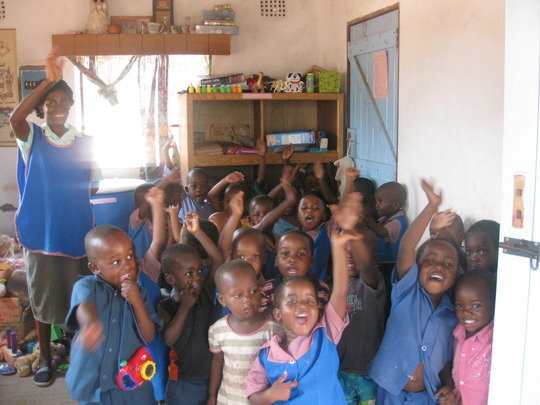According to a report by The Commonwealth and the State of Education in Zimbabwe , written by ex-education minister David Coltart, since 2000 the political crisis and precipitous economic decline induced shocks and pressures that left many sectors, including education, on the verge of collapse.
Evidence on the ground suggests that the country’s education system is now also facing a crisis -one of the most serious in its history. Government, with support from development partners and other key stakeholders, invested heavily in the sector over the two-and-a-half decades following independence in 1980. Coltart wrote in a report which still largely reflects the current situation that primary schools and their pupil numbers increased from 2 410 and 820 266 in 1979 to 5 560 and 2 445 516 in 2006 respectively.
Decreasing government expenditure on education has forced schools to increasingly rely on tuition fees and levies. The consequent rise in fees and levies has been a serious obstacle to educational access and completion for many school children. Lack of resources disproportionately affects the marginalised, especially girls. The use of student levies and fees to supplement salaries and retain teachers has exacerbated inequalities between students who can afford higher supplements and those from poor socioeconomic backgrounds.
The commission was appointed by President Robert Mugabe in 1998 to look into the problems in education. The commission took a swipe at poor administration and irrelevant curricula, recommending vocational education. It also recommended that the teaching methods should be changed to focus on skills, while reducing the focus on examinations.
However, none of these recommendations were took seriously by the government, leading to the tremendous collapse in the education sector.
children at school



